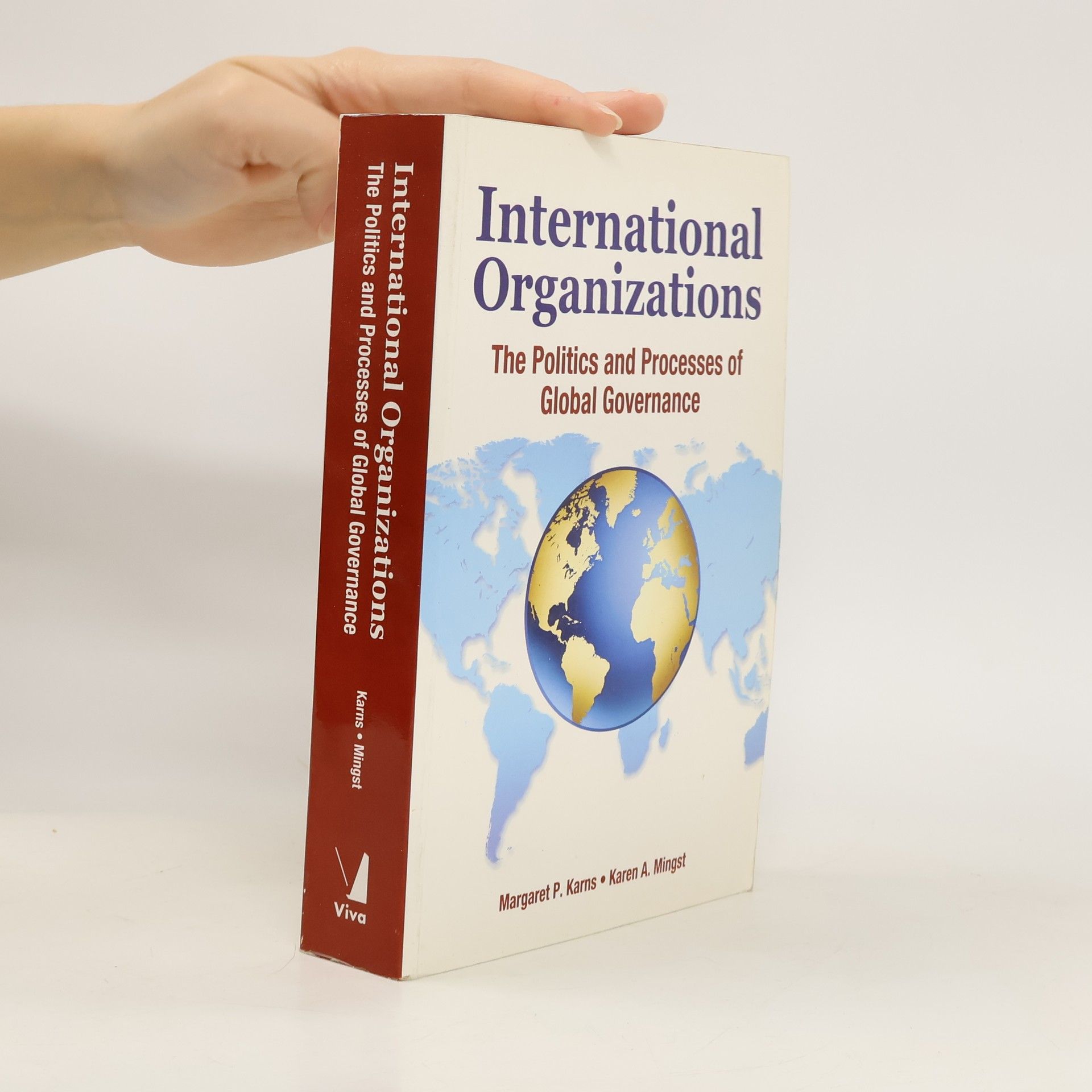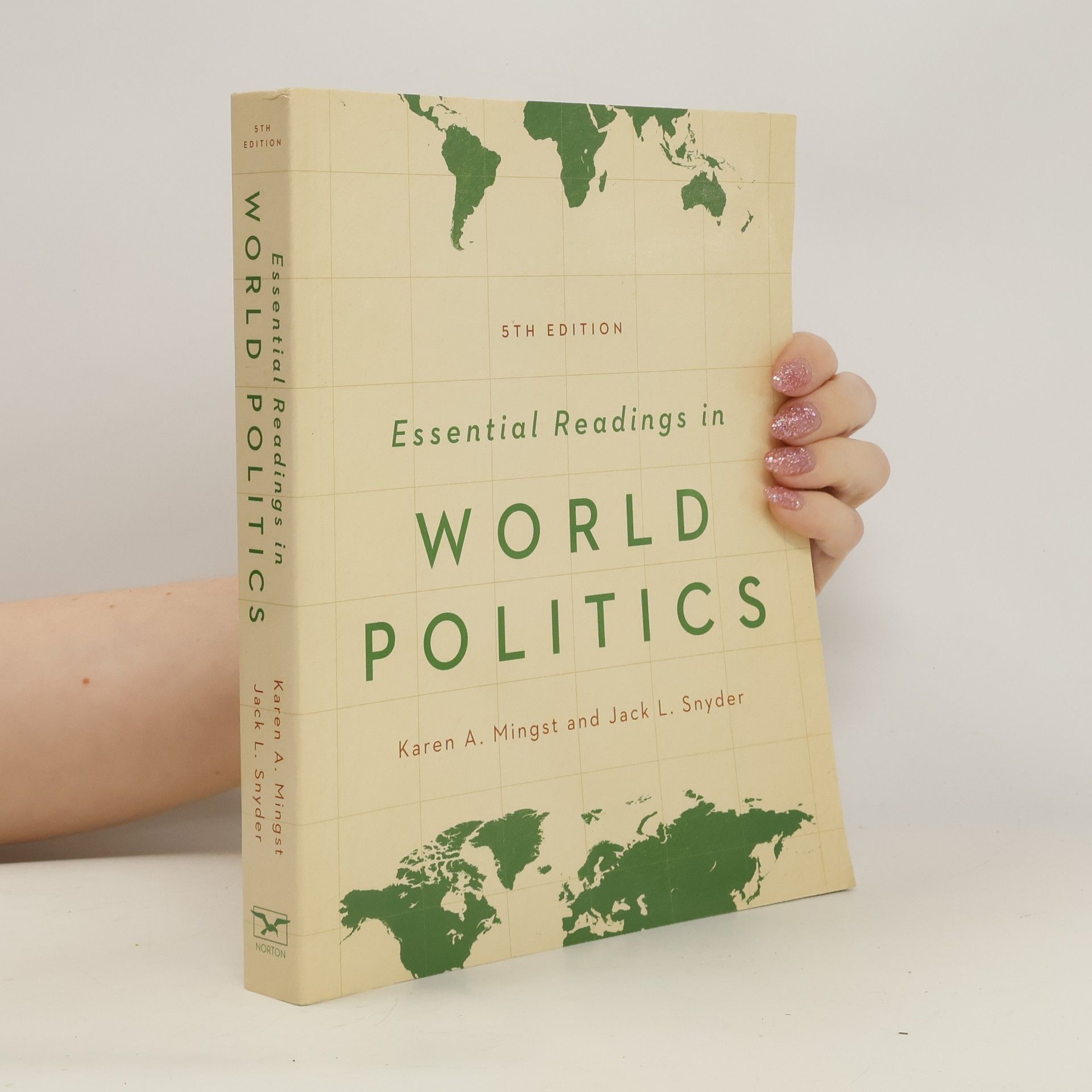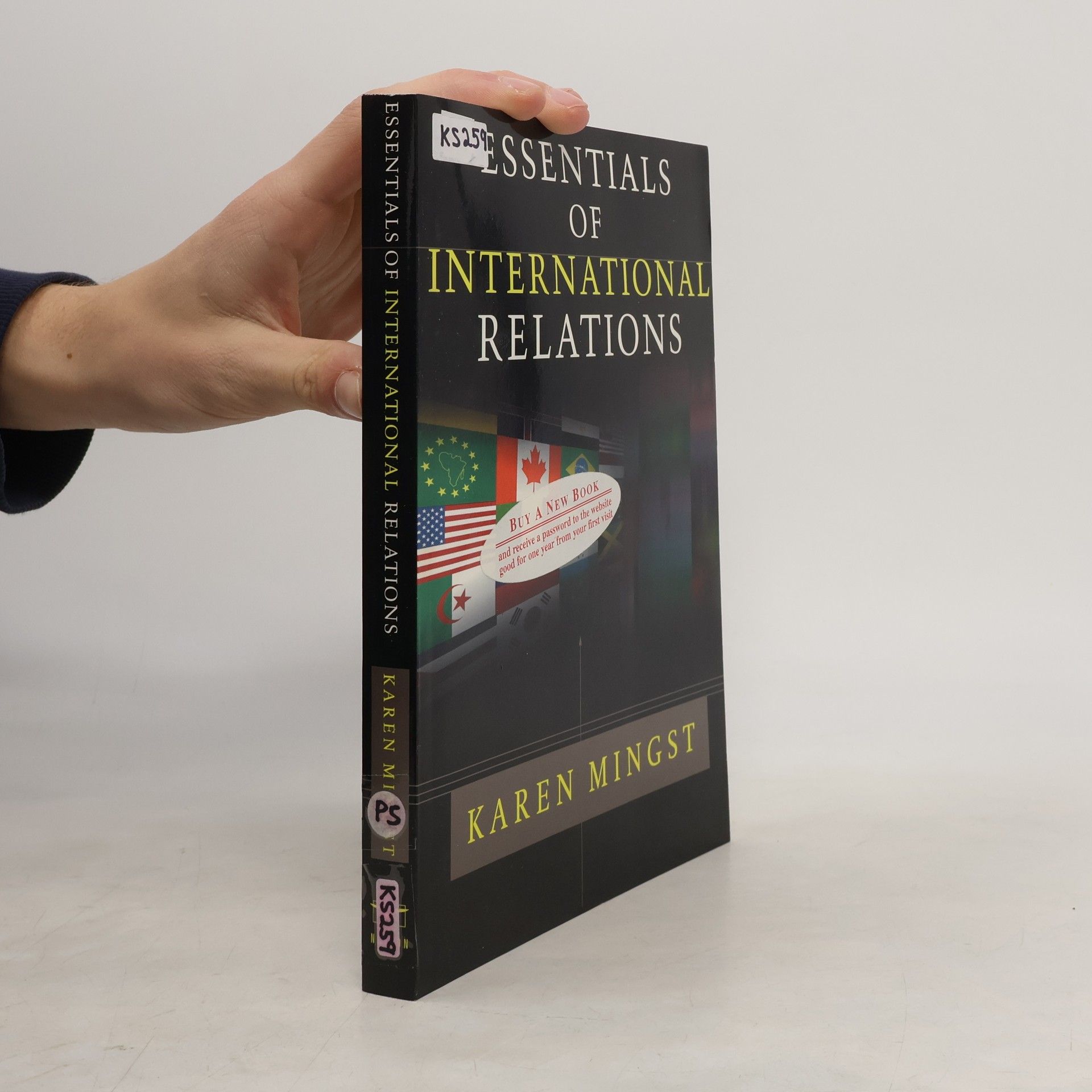This work is an introduction to the core concepts of international relations. The author presents the basic tools of analysis - the individual, the state and the international system - and shows how the primary schools of thought - liberalism, realism and Marxism - use these tools to evaluate interactions between nations, paying particular attention to security and economic issues. Theory is brought to life with examples and case studies.
Karen A. Mingst Livres



Essential Readings in World Politics
- 784pages
- 28 heures de lecture
Classic readings and contemporary articles on ongoing international political problems, from a wide range of perspectives.
International Organizations
The Politics And Processes Of Global Governance
- 620pages
- 22 heures de lecture
Traces the evolving roles of the full range of IGOs, NGOs, state and nonstate actors, norms, rules, and other pieces of global governance. This book contains four issue-based chapters - on peace and security, development, human rights, and the environment. It also examines the elements of global and regional governance that are involved.